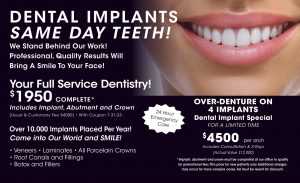Low Copper and COVID-19
Most people that are interested in health through nutrition have made certain basic adjustments to their nutrient protocols in light of COVID. If nothing else, they have increased vitamin D3, vitamin C, zinc and likely quercetin to assist in driving the zinc into the cells where it is necessary to work directly against the virus. On the flip side, one of the classic concepts in nutrition is not to take excessive zinc for an extended period of time as it is notorious for driving down the absorption of copper. Or, if ongoing high-level zinc is taken in an urgent situation, make sure to add at least a modest dose of copper to counterbalance its effects.
Some copper-rich foods include leafy greens, oysters, chocolate and peanuts. Medications such as Nexium or Prilosec (proton pump inhibiters for stomach issues) can inhibit the absorption of copper and therefore lower it, so they are to be avoided. Vitamin C also has a mild effect of diminishing copper absorption.
When neglect, failure to pay attention or overzealousness in pursuing anti-COVID protocols blossom into a full-fledged medical problem, low copper can present clinically as strange sensations (paresthesia) focused on the lower limbs and occasionally the hands; anemia, best seen on blood testing, often with associated fatigue; unsteady ambulation, known as ataxia; and poor thermal/heat regulation, especially in the lower limbs (Because this is a rare, but potentially very dangerous situation, it can easily fly under the radar in many instances, being mistaken for some other illness, and in going undiagnosed, can potentially lead to paralysis and even death. The sooner it is detected and recognized the better).
The solution is easy and straightforward. While boosting zinc intake to ward off COVID-19 and other viruses, be sure to take a zinc product that includes one to two milligrams of copper in each dose; and ask a physician to include a blood test for both serum zinc and copper in a yearly test panel.
If fatigue or any odd neurological sensations/symptoms develop while taking extra zinc, think of a zinc/copper imbalance as a possible source, along with the usual metabolic suspects of low vitamin B12, low folic acid, a thyroid/adrenal issue, sugar problems and viral possibilities. A few simple blood tests done promptly can immediately lead in the right direction to regain full health.
Robin Ellen Leder, M.D., was mentored by Robert Atkins, M.D., author of The Atkins Diet, and has been practicing integrative/alternative medicine for more than 30 years at A Better Alternative Medical Center, in Hackensack.





























